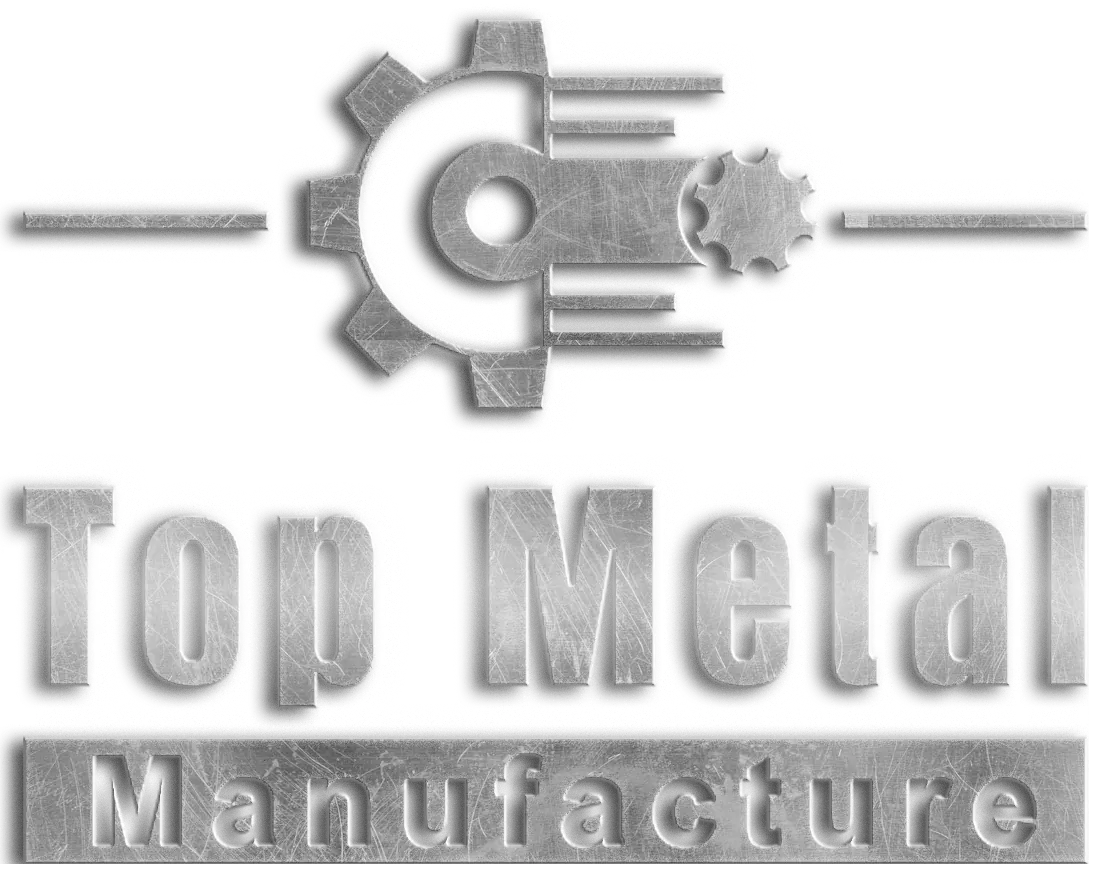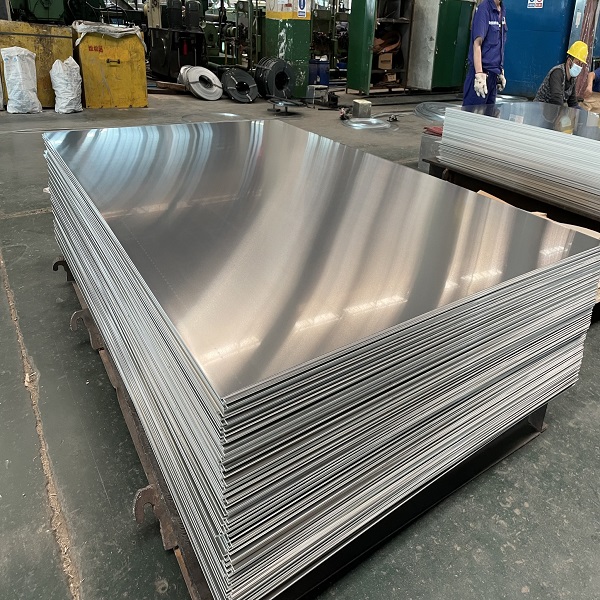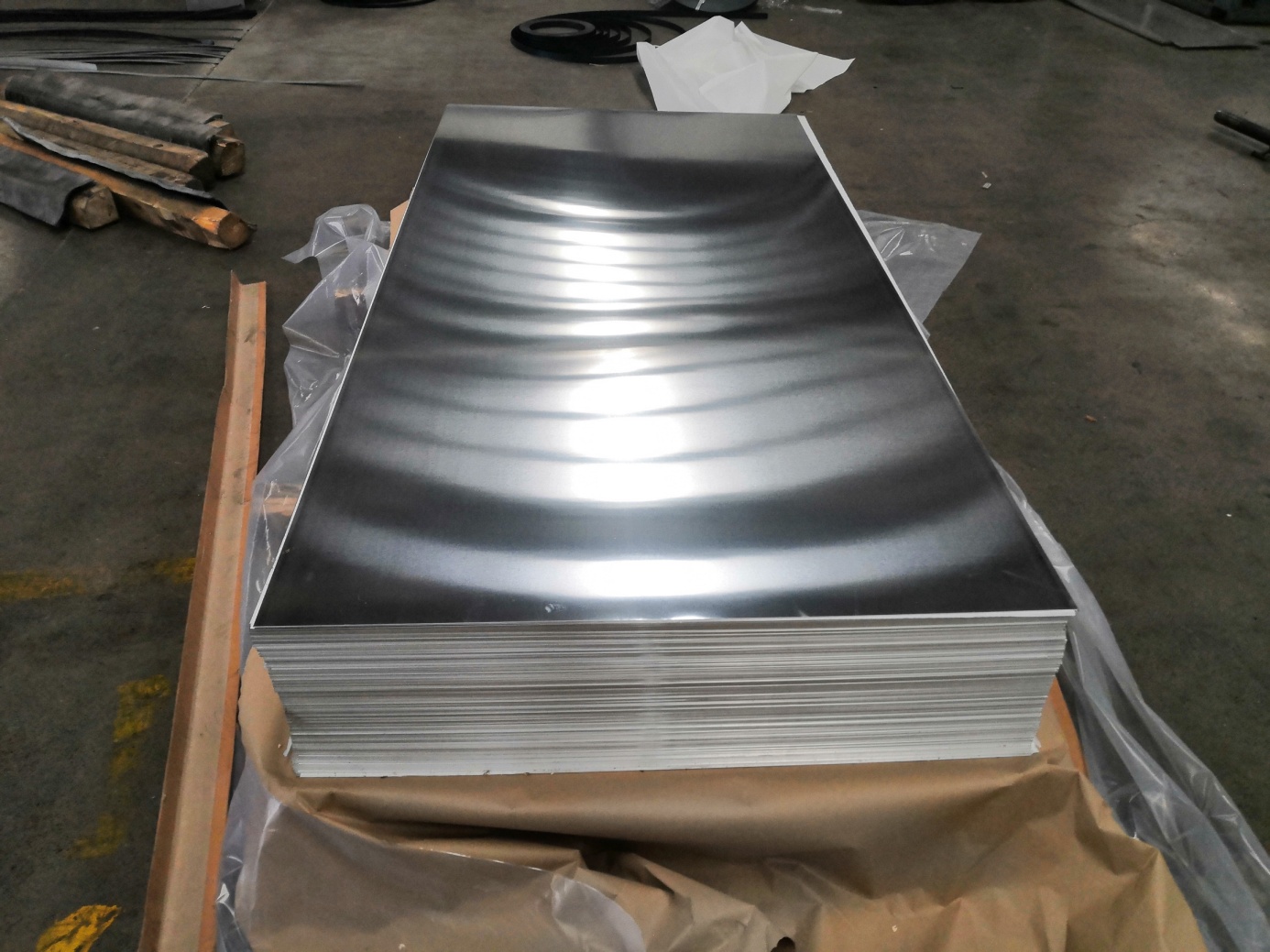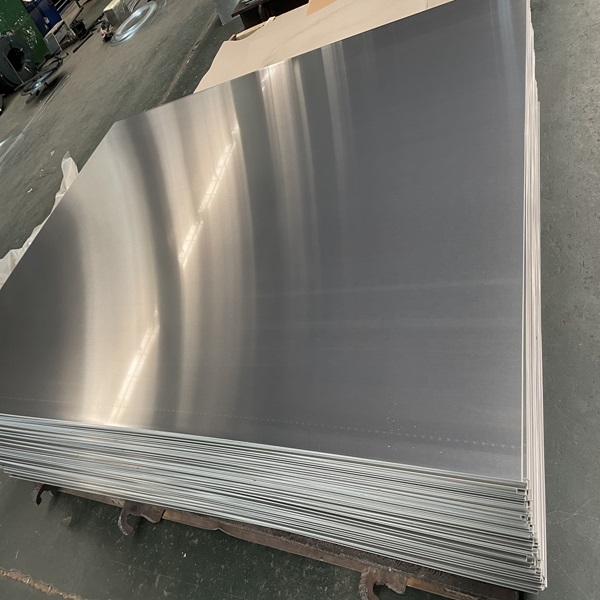Marine-grade aluminum plates are essential for constructing durable, lightweight, and corrosion-resistant structures in saltwater environments. These alloys are specifically engineered to withstand the harsh conditions of marine applications while maintaining structural integrity. Below, we explore the key alloys, properties, applications, and best practices for using marine-grade aluminum plates.
What Qualifies Aluminum as “Marine-Grade”?
Marine-grade aluminum alloys must meet stringent requirements for:
- المقاومة للتآكل: Superior resistance to saltwater, humidity, and marine atmospheres.
- Strength-to-Weight Ratio: High strength without adding bulk, critical for buoyancy and fuel efficiency.
- Weldability & Formability: Ease of fabrication into complex shapes (e.g., hulls, masts).
- Stress Corrosion Cracking (SCC) Resistance: Avoids failure under prolonged stress in corrosive environments.
ال 5xxx series (magnesium-based) and 6xxx series (magnesium-silicon-based) alloys are the most widely used for marine applications.
Key Marine-Grade Aluminum Alloys
1. Aluminum Plate 5083
- تعبير: 4–4.9% Mg, 0.4–1% Mn.
- Temper: H116/H321 (optimized for marine corrosion resistance).
- Properties:
- Tensile Strength: ~290 MPa.
- المقاومة للتآكل: Exceptional in seawater; resists pitting and crevice corrosion.
- Applications: Ship hulls, offshore platforms, submarine components, cryogenic tanks.
- Advantages: The gold standard for immersed marine structures due to unmatched performance in aggressive environments.
2. Aluminum Plate 5086
- تعبير: 3.5–4.5% Mg, 0.2–0.7% Mn.
- Temper: H116/H321.
- Properties:
- Tensile Strength: ~270 MPa.
- المقاومة للتآكل: Nearly equivalent to 5083 but slightly less robust.
- Applications: Boat hulls, gangways, marine railings, pressure vessels.
- Advantages: More cost-effective than 5083, with excellent formability for moderately stressed parts.
3. الألومنيوم Plate 6061
- تعبير: 0.8–1.2% Mg, 0.4–0.8% Si (heat-treatable).
- Temper: T6 (heat-treated for maximum strength).
- Properties:
- Tensile Strength: ~310 MPa.
- المقاومة للتآكل: Good in mild environments; requires coatings for prolonged seawater exposure.
- Applications: Fittings, masts, hardware, and non-immersed cabin components.
- Advantages: Superior machinability and strength for structural parts not directly exposed to saltwater.
Comparison of Marine-Grade Aluminum Alloys
| ملكية | 5083 | 5086 | 6061 |
|---|---|---|---|
| مقاومة التآكل | Excellent (immersion) | Excellent (immersion) | Good (requires coating) |
| Strength | High | Moderate-High | Very High |
| Primary Use | Hulls, offshore rigs | Gangways, railings | Fittings, masts |
| Weldability | Excellent | Excellent | Good |
| Cost | High | Moderate | Moderate |
Applications in Marine Engineering
- Shipbuilding:
- 5083/5086: Hulls, decks, bulkheads, and superstructures.
- 6061: Mast poles, brackets, and interior fittings.
- Offshore Infrastructure:
- Oil rigs, buoys, and platforms (5083 preferred for harsh conditions).
- Recreational Boats:
- Kayaks, yachts, and sailboats (5086 balances cost and performance).
- Marine Hardware:
- Ladders, railings, and davits (6061 for lightweight strength).
Fabrication Best Practices
- Welding:
- Use 5356 or 5183 filler wires for 5xxx alloys to retain corrosion resistance.
- Avoid excessive heat input to prevent magnesium segregation in 5083/5086.
- Corrosion Mitigation:
- Apply anodizing or marine-grade epoxy coatings to 6061 for prolonged exposure.
- Isolate aluminum from dissimilar metals (e.g., stainless steel) to prevent galvanic corrosion.
- Design Considerations:
- Use 5xxx alloys for components in direct contact with seawater.
- Opt for 6061 in dry, high-stress areas (e.g., cabin superstructures).
Standards & Certifications
- ASTM B928: Specifies requirements for 5083/5086 in marine service.
- ABS (American Bureau of Shipping): Certifies materials for shipbuilding.
- DNV-GL: International standards for offshore and marine structures.
Sustainability
- Recyclability: Aluminum retains 95% of its properties after recycling.
- Eco-Friendly Practices: Many mills use renewable energy and recycled content (up to 75% in some cases).
Challenges & Solutions
- Galvanic Corrosion: Use insulating materials (e.g., rubber gaskets) between aluminum and dissimilar metals.
- Stress Cracking: Avoid designs with sharp corners; anneal welded areas if necessary.
التطبيقات
For marine applications:
- 5083/5086: Ideal for immersed, high-stress components.
- 6061: Best for machined, non-immersed parts.
Marine Aluminum Plates are specialized aluminum sheets or plates engineered to perform reliably in harsh marine environments, such as saltwater exposure, high humidity, and corrosive atmospheres.
They are designed to resist corrosion while maintaining strength, weldability, and lightweight properties, making them ideal for marine and offshore application




